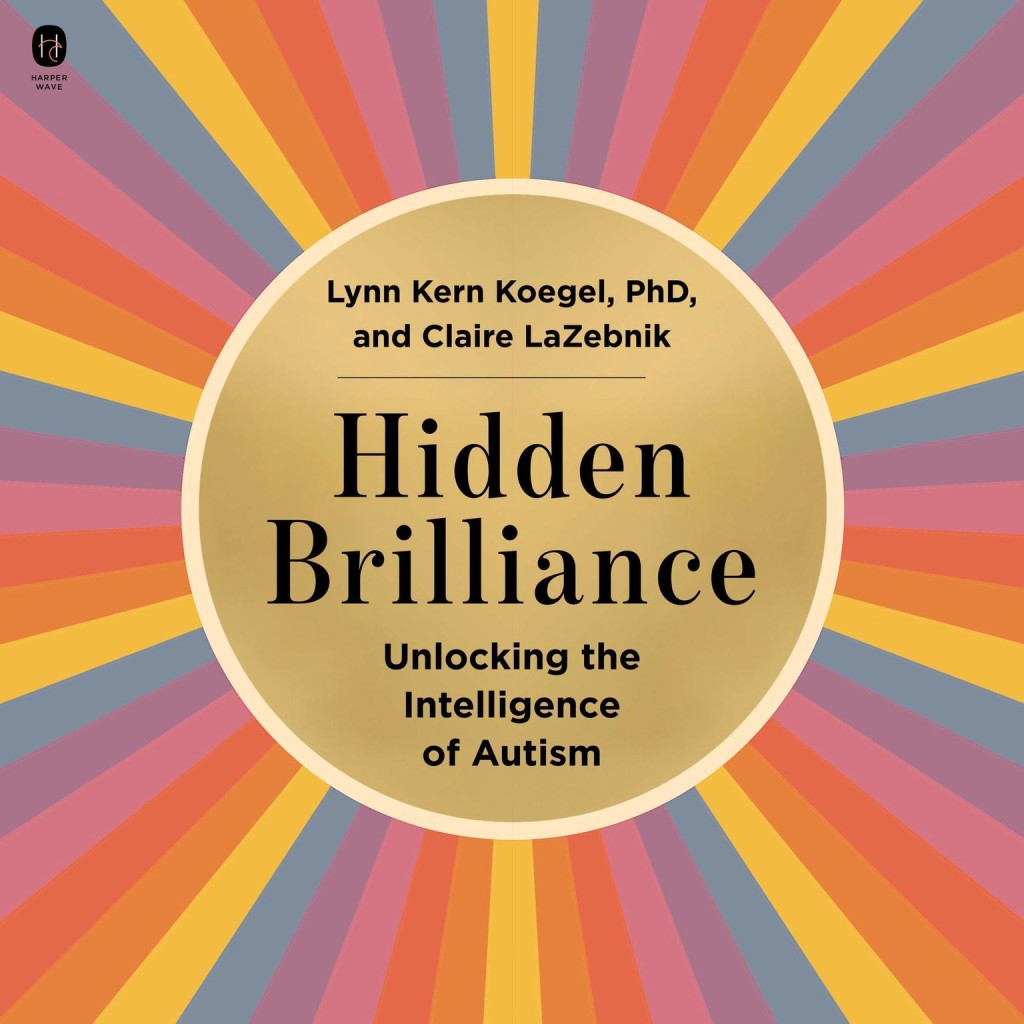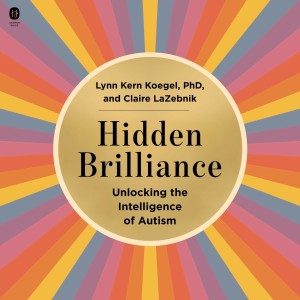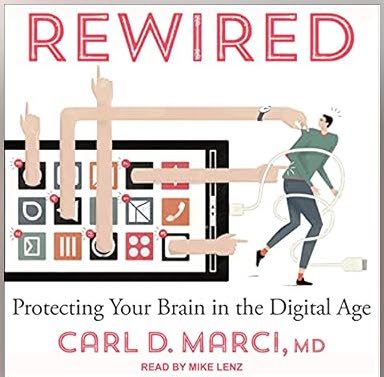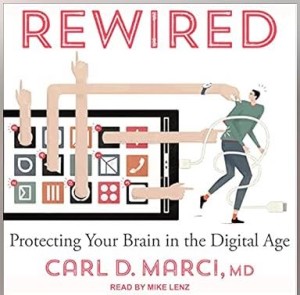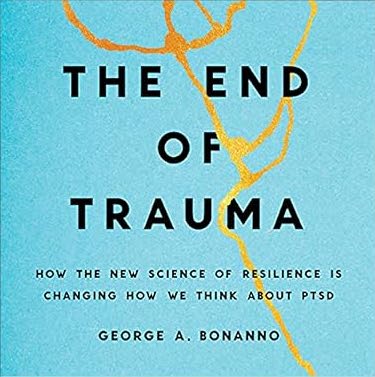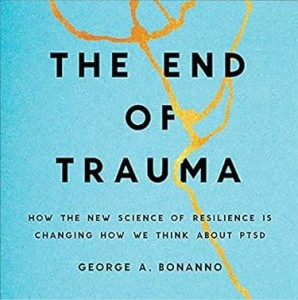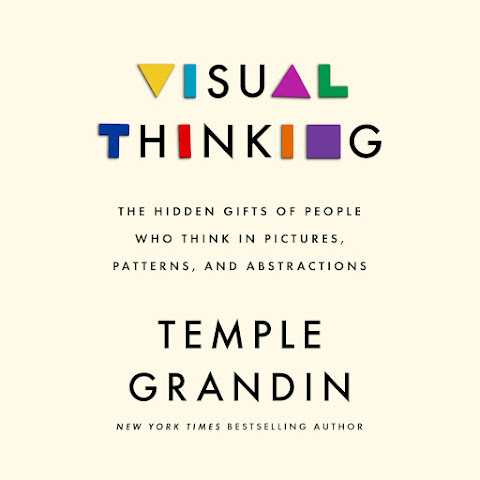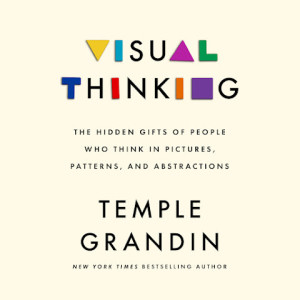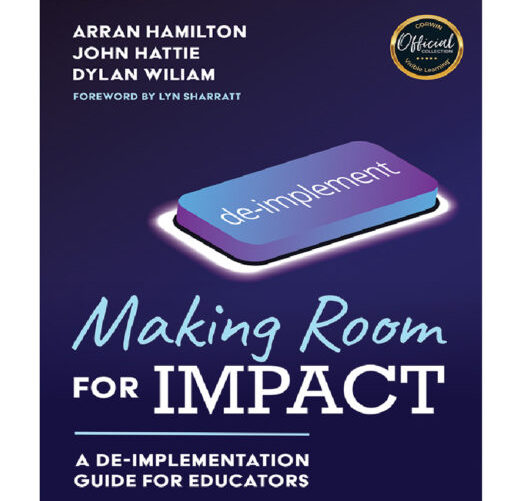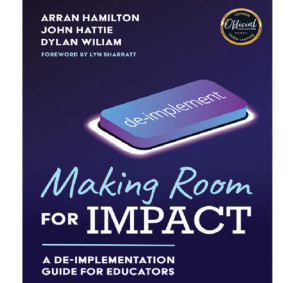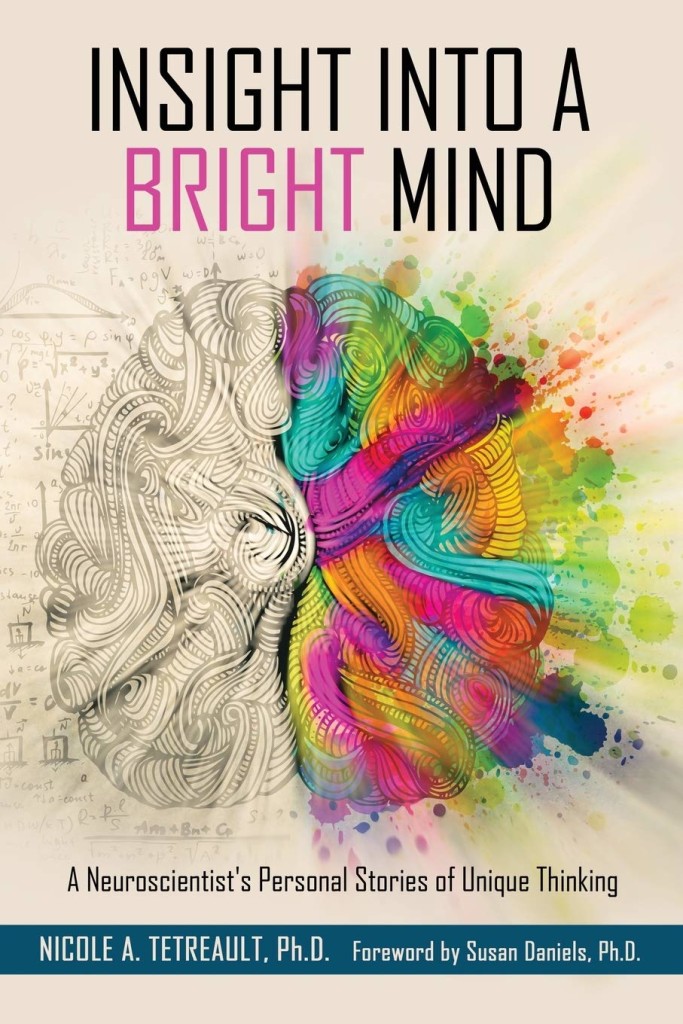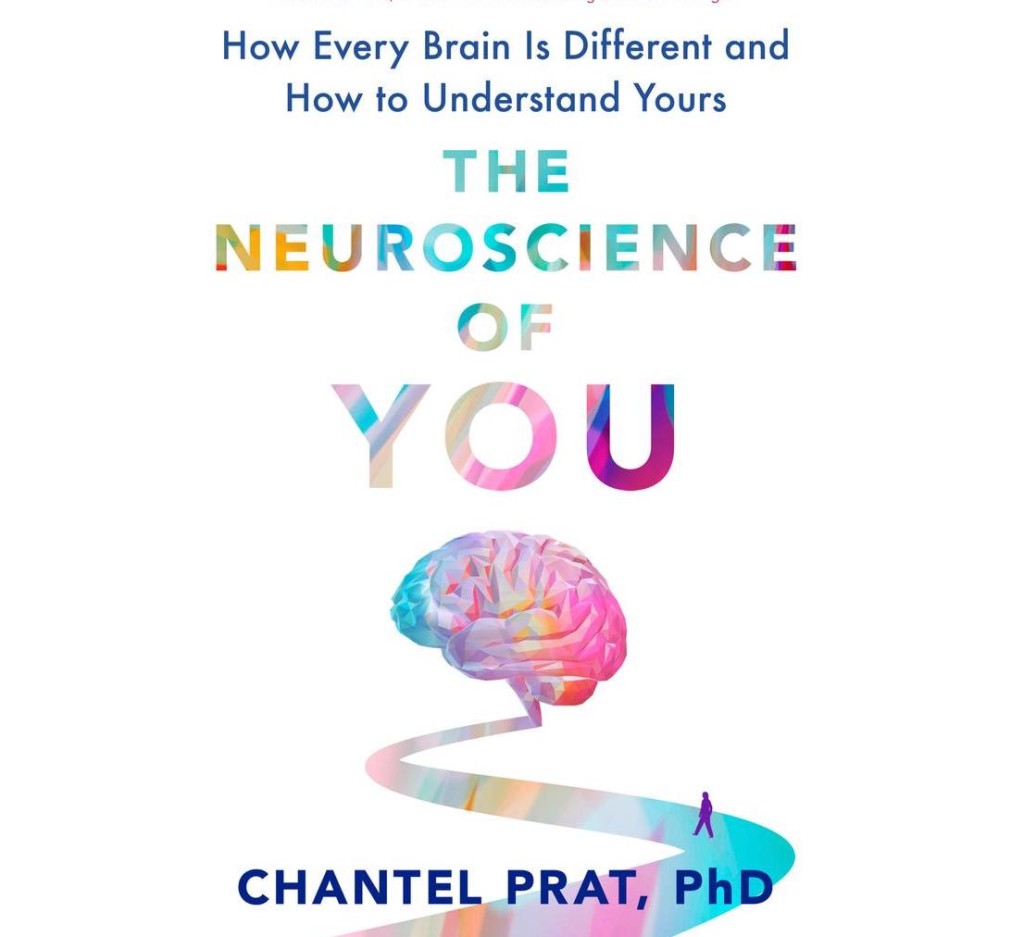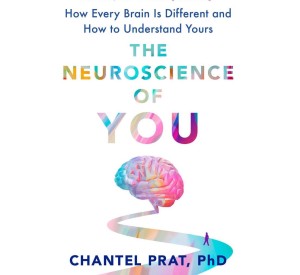 We often center our lives around familiar emotions like joy, sadness, anger, anxiety, or disgust, using them to shape our narratives and interpret experiences. Yet, there’s a whole spectrum of more complex and often overlooked emotions that deeply enrich our lives. Take for instance—that profound mix of humility, wonder, and connection you might feel while gazing at a breathtaking sunset or witnessing an act of pure altruism. In those moments, you’re reminded of how small you are in the grand scheme of things, yet deeply connected to something much larger.
We often center our lives around familiar emotions like joy, sadness, anger, anxiety, or disgust, using them to shape our narratives and interpret experiences. Yet, there’s a whole spectrum of more complex and often overlooked emotions that deeply enrich our lives. Take for instance—that profound mix of humility, wonder, and connection you might feel while gazing at a breathtaking sunset or witnessing an act of pure altruism. In those moments, you’re reminded of how small you are in the grand scheme of things, yet deeply connected to something much larger.
In his thought-provoking book, Awe: The New Science of Everyday Wonder and How It Can Transform Your Life, Dacher Keltner explores the transformative power of awe and how it can elevate our lives. He invites us to transcend beyond routine and mundane limited attention, helping us find meaning and richness in everyday moments. Through awe, we can reconnect with the beauty of our own story and discover a more expansive, fulfilling way of living.
Keltner, a psychology professor and expert on emotions, defines awe as the experience of encountering something vast and beyond our understanding. Through a blend of personal stories, scientific research, and cultural insights, he reveals how moments of awe—big or small—can reduce stress, spark creativity, deepen our connections, and foster a greater sense of purpose. Research shows that awe lowers cortisol levels, boosting emotional well-being and promoting a sense of calm. It even has physical benefits, like reducing inflammation, improving heart health, and enhancing overall resilience.
At the core of the book, Keltner delves into eight primary sources of awe—universal experiences that resonate deeply with us all:
- Moral beauty: Witnessing acts of courage, kindness, or strength that inspire us to be better.
- Nature: The breathtaking vastness of mountains, oceans, or a starry sky that makes us feel small yet deeply connected.
- Collective effervescence: The electrifying energy of a concert, a sports game, or a shared moment in a crowd.
- Music: Those goosebump-inducing melodies that stir our emotions and remind us of life’s depth.
- Art and architecture: The beauty of great paintings, sculptures, or awe-inspiring buildings that showcase human creativity.
- Spirituality and religion: Moments of transcendence found in mindfulness, prayer, or meditation.
- Life and death: The raw emotional power of witnessing birth or contemplating the end of life.
- Epiphanies: The sudden clarity of a life-changing idea or realization.
While these categories capture the essence of awe, the emotion itself is profoundly personal and can emerge from countless unexpected moments
Keltner’s writing feels like a heartfelt conversation with a wise friend. He doesn’t just present data; he shares personal reflections, including how awe helped him through moments of grief and loss, making his insights feel real and relatable. Yes, awe can be found in death and grief and we are taken on a journey with the author as he experiences this himself. It was in fact the death of his brother that brought him to appreciate this colorful emotion.
Importantly, Keltner doesn’t shy away from awe’s complexities, exploring how it has been used throughout history to manipulate or dominate. This balanced perspective adds depth to his exploration, reminding us of the need to approach awe responsibly.
One of the most inspiring takeaways is that awe is accessible to everyone. You don’t need wealth or extraordinary experiences to feel it. Awe lives in the everyday: the beauty of the clouds, a powerful piece of music, or a stranger’s small act of kindness. These moments remind us of life’s vastness, offering perspective and a renewed sense of purpose. Teachers, parents, and anyone looking to enrich their lives will find practical ideas, from encouraging kids to explore nature to fostering a sense of wonder in everyday moments.
Ultimately, Awe is a powerful invitation to slow down, pay attention, and savor the beauty and mystery all around us. Whether you’re a teacher hoping to inspire students, a parent looking to create meaningful family moments, or simply someone wanting to feel more connected to the world, this book offers a practical and uplifting guide to living a richer, more awe-filled life.
So why not pause today—step outside, lose yourself in a favorite song or appreciate the beauty of everyday human interactions? As Keltner beautifully illustrates, those moments of wonder aren’t just fleeting joys; they’re transformative experiences that can shape how we see ourselves, each other, and the world.



